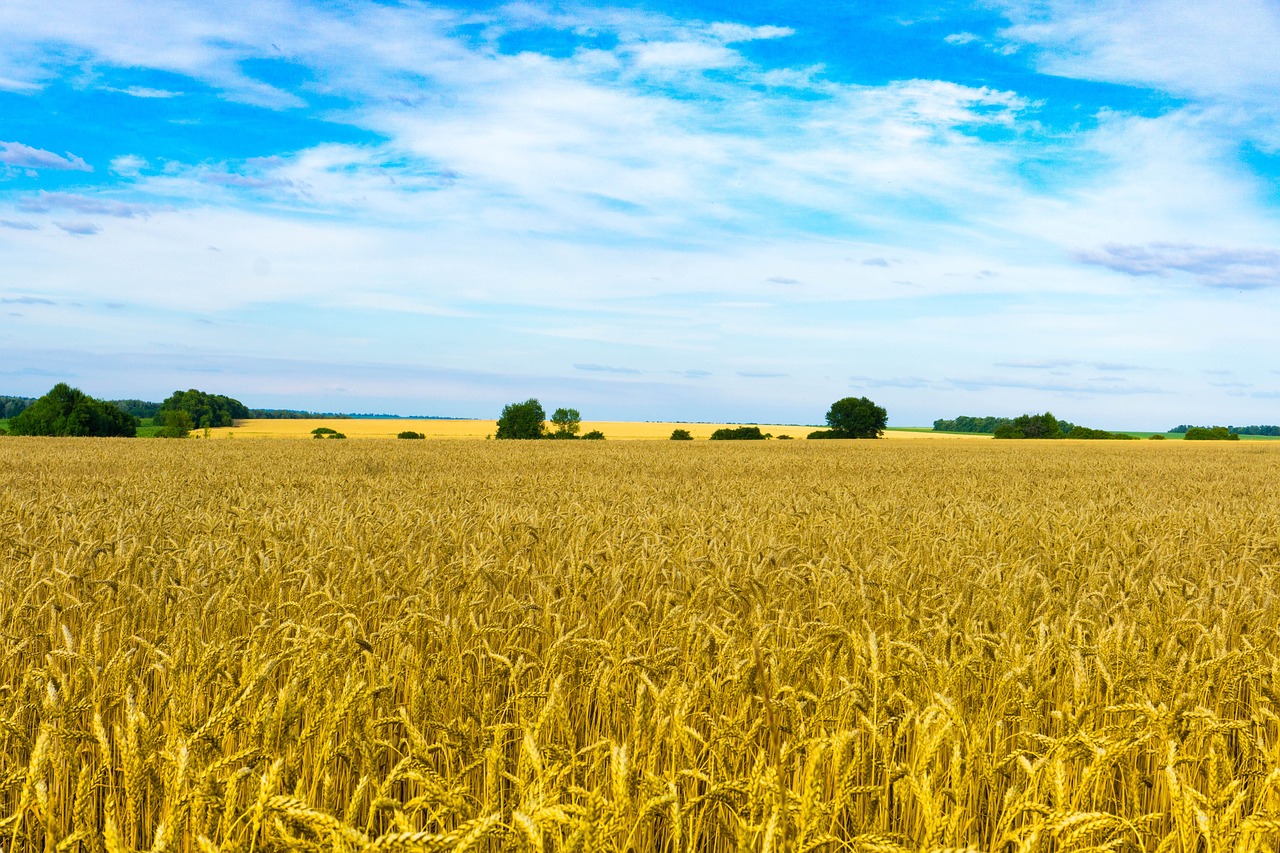
Taras Kachka, Trade Representative of Ukraine, hopes that the issue will be solved within a few weeks or months.Continue reading
Agriculture Minister István Nagy said at a conference organized on the occasion of World Egg Day, that scientific research showed that animal welfare can provide a high level of comfort, as he drew attention to the fact that people today do not accept large-scale farming, reports Világgazdaság. Therefore, a united response to the problem must be found from the sides of science, breeding, and feeding, as people cannot be deprived of the highest quality protein, he stressed.
Speaking about food safety, the minister noted that it is a significant step forward that consumers can now choose goods produced in Hungary on the basis of a clearly visible marking indicating their Hungarian origin. “A short supply chain is in the interest of all of us, as it ensures a safe and sustainable supply,” he added.
The government has continuously supported the development of the sector and the preservation of its competitiveness in recent years, and as part of the Rural Development Program, 596 site development projects for the entire poultry sector were supported, worth more than HUF 189 billion (EUR 488 million).
He added that also under the Rural Development Program, two types of animal welfare support programs are being implemented to help operators in the sector against animal diseases. The minister stressed that animal welfare support for flocks producing table eggs will continue to be an important form of support for the egg sector and is a priority in the CAP Strategic Plans until 2027. In total, almost 600 poultry farmers have received HUF 13 billion (EUR 33.6 million) in aid so far.
CAP Strategic Plans encourage the transition towards a smart, sustainable, competitive, resilient, and diversified agricultural sector, while ensuring long-term food security. They also contribute to climate action, the protection of natural resources, the preservation and enhancement of biodiversity, as well as strengthen the socio-economic fabric of rural areas.
Balázs Győrffy, President of the Hungarian Chamber of Agriculture said at the conference that caged egg production is the most hygienic technology, has the smallest environmental footprint, land, feed, and water requirements and is also the cheapest, referring to studies published on the subject. As he stressed:
Banning caged egg production would be contrary to the principles of environmental, economic and social sustainability and would cause irreversible, long-term damage.
To ensure consumer choice, we need to ensure that only food produced in accordance with EU rules can be marketed in the European Union and that consumers can choose the type of farming method they want, so that this complete source of protein is accessible to all.” Győrffy highlighted that despite the difficult circumstances, domestic egg production has made good progress recently and this is now being jeopardized by the ill-considered measures of the European Commission.
The abolition of duties and quotas on Ukrainian imports last June led to four times as many table eggs coming from Ukraine in 2022 as in 2021. Moreover, almost 100 million table eggs came in March 2023, the same as in the whole of 2021.
He added that these imports, far from complying with EU food safety, animal welfare, and environmental standards, have significantly reduced the market for Hungarian and European producers.
Via Világgazdaság, Featured image: Pixabay